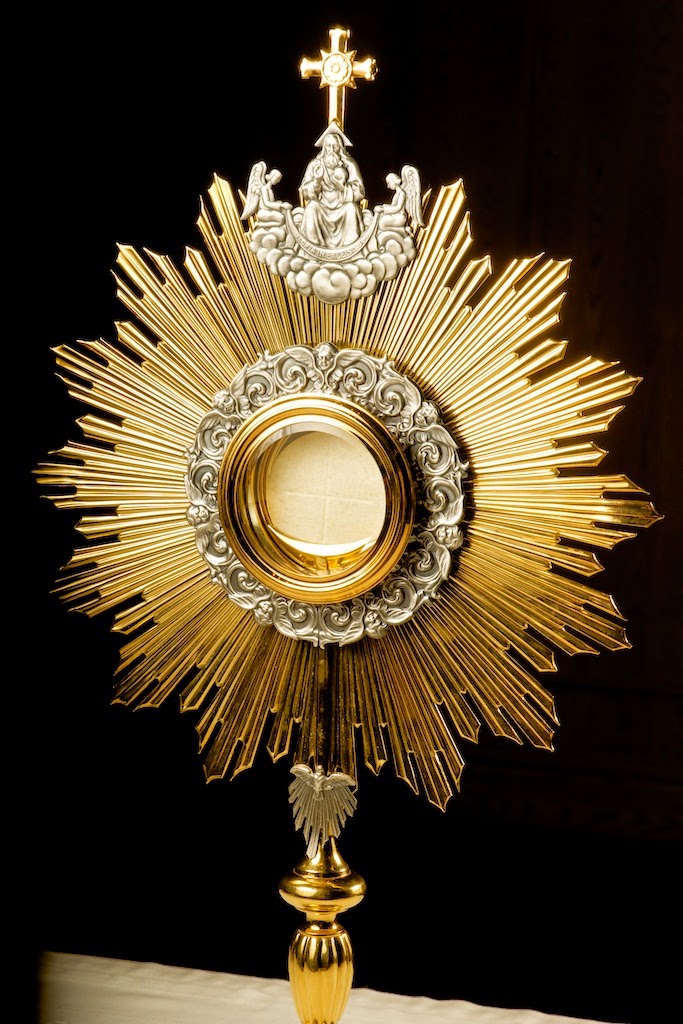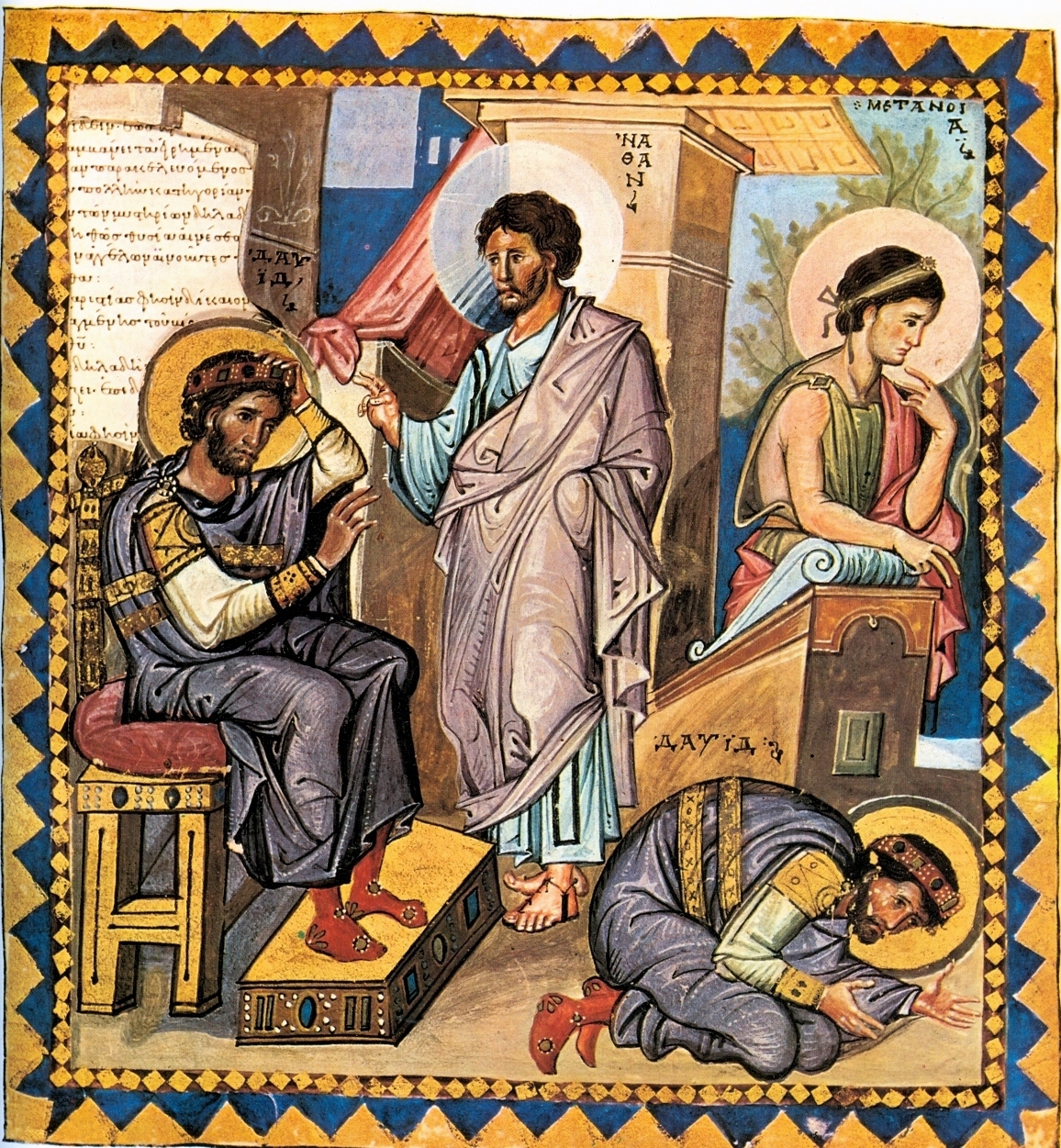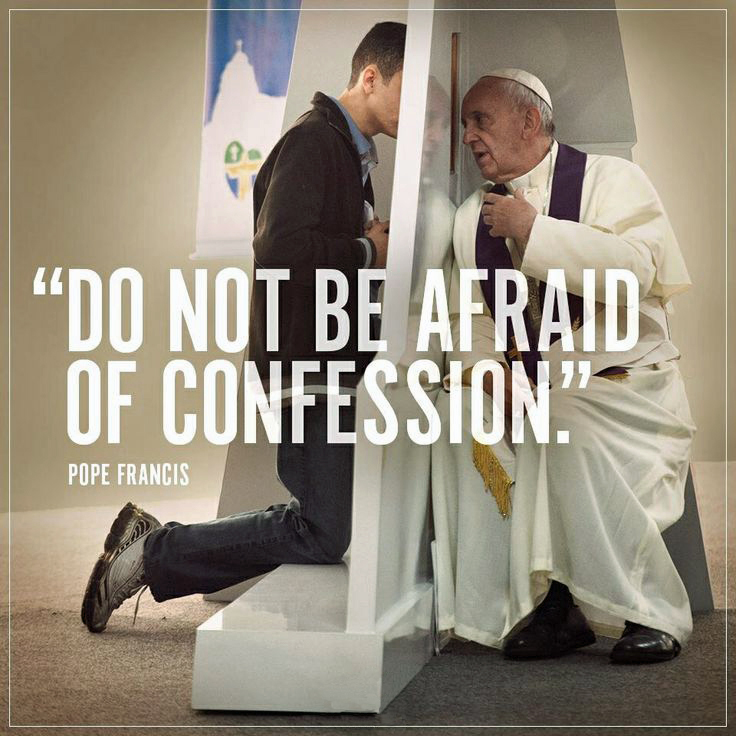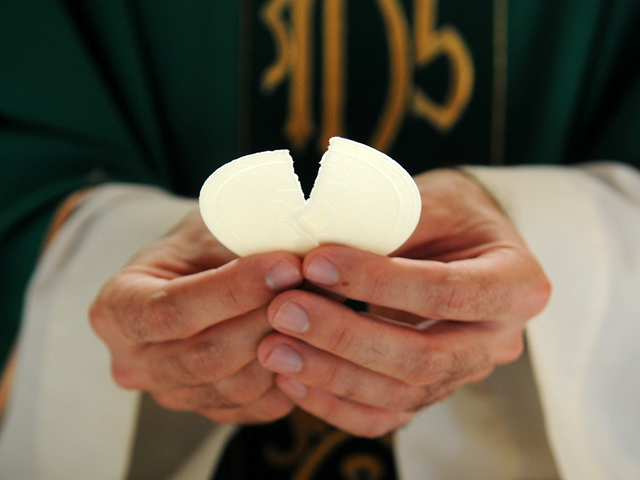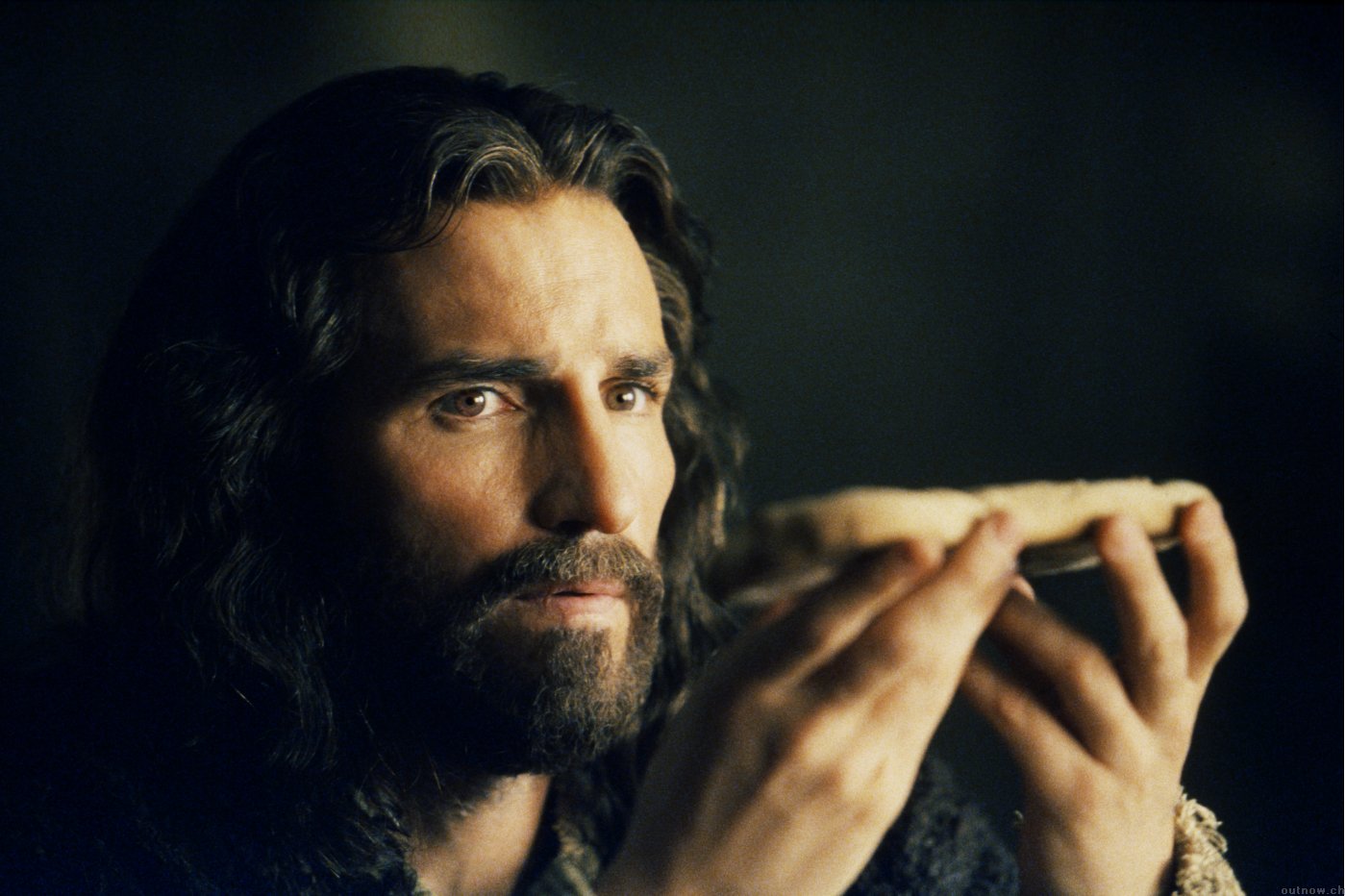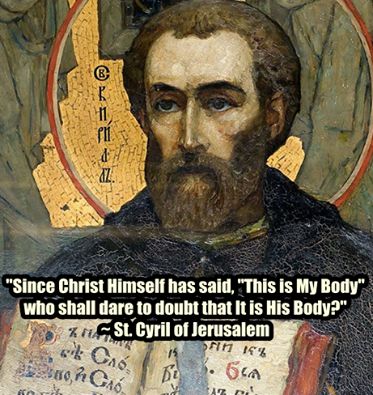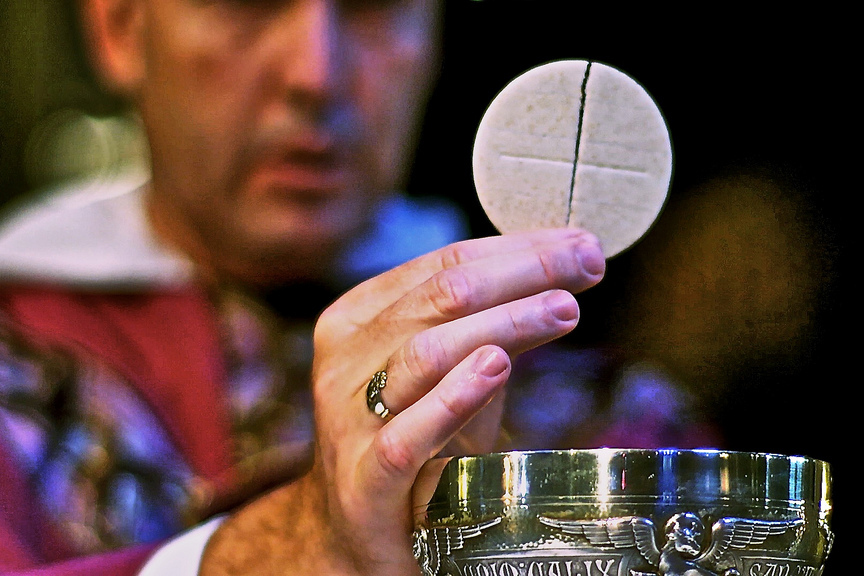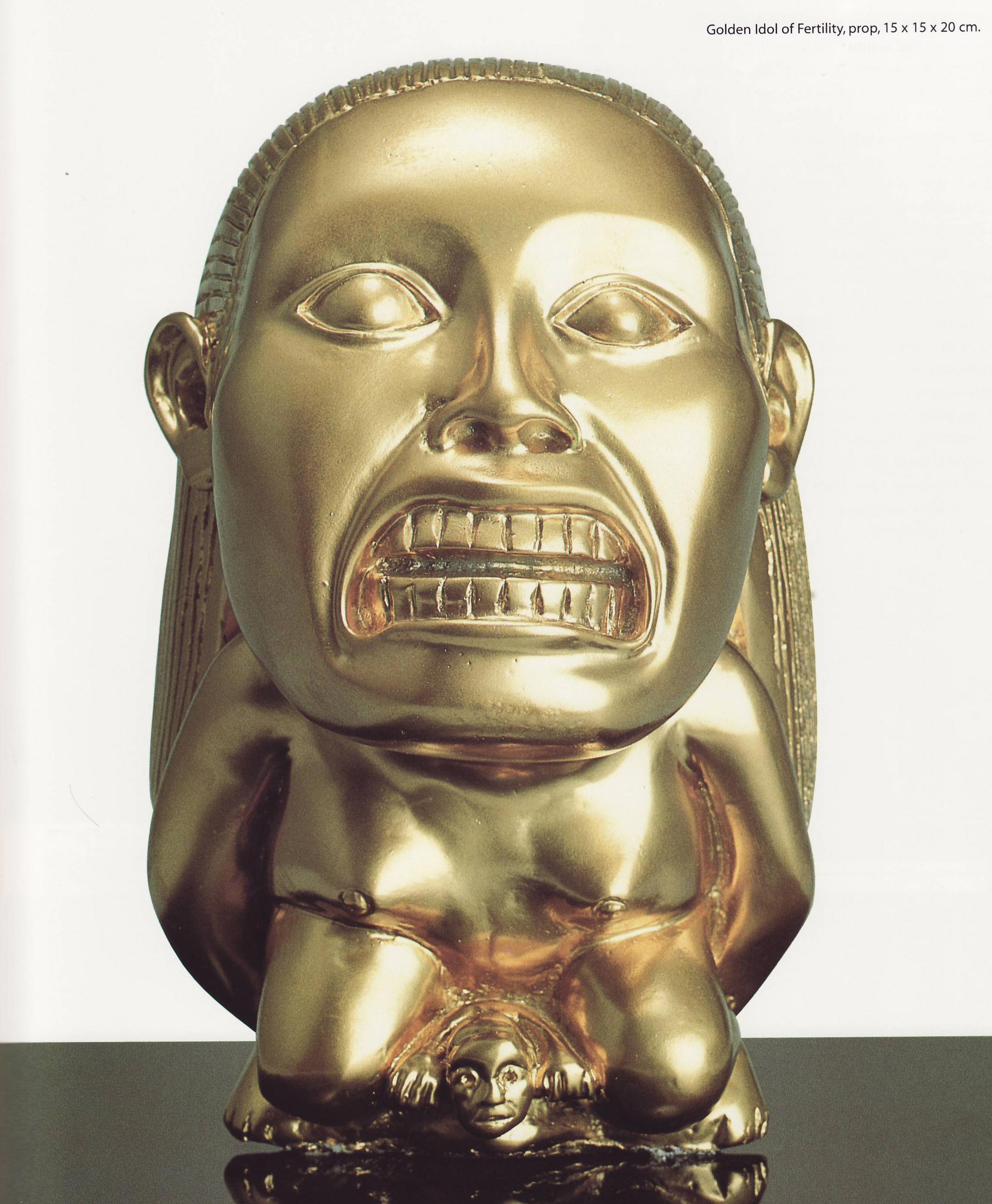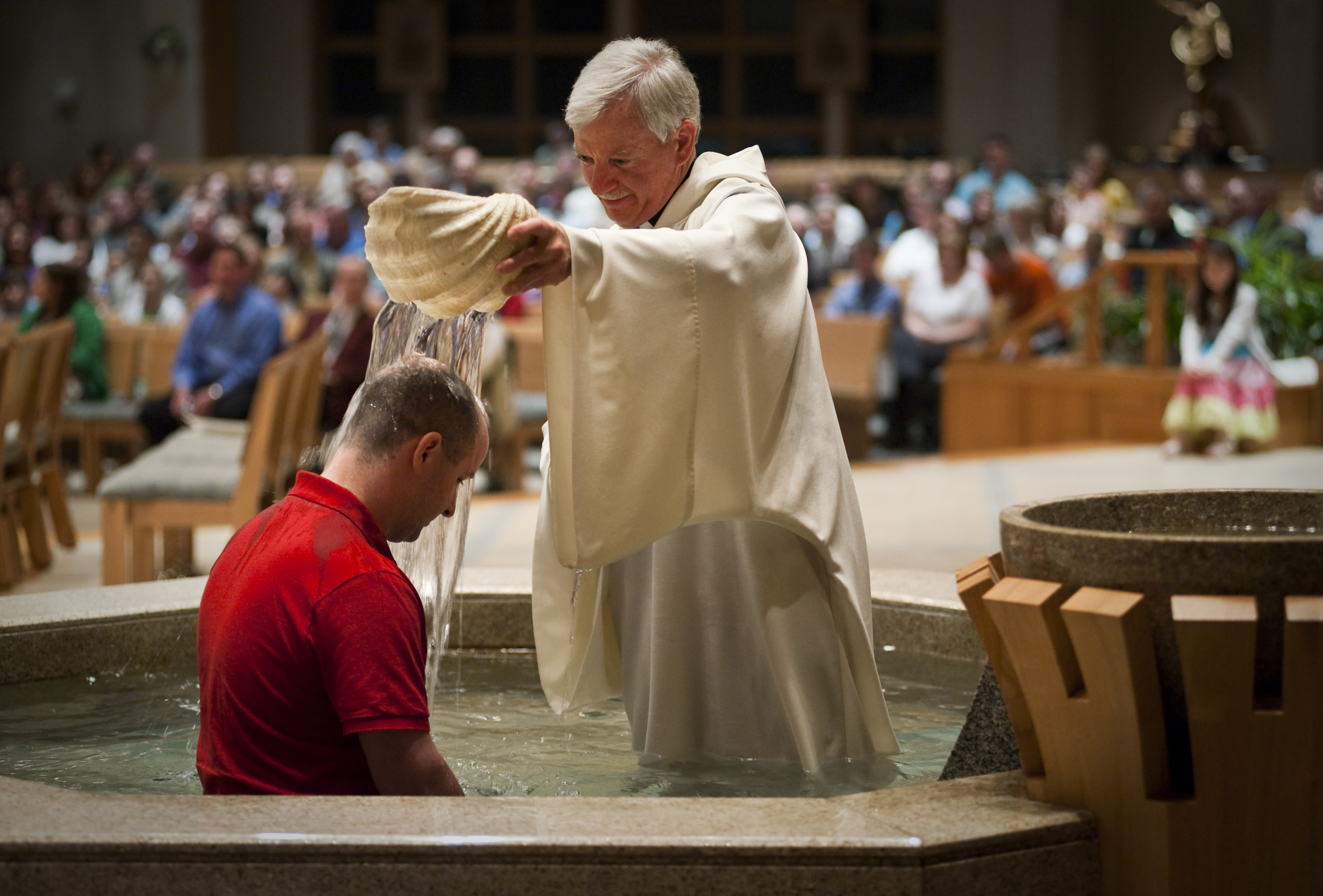

-by Rachel Lu,
“It’s an especially happy Easter for the Lu family this year, since a near and dear relative of mine came into the Church at the Easter Vigil. Eleven years into my Catholic life, I am no longer the only Catholic in my natal family. God is good.
In light of that, I’ve been reflecting on the topic of conversion, and what I as his sponsor really ought to convey. Since everyone’s life is a bit different, it’s hard to know what will really help. Even so, generating advice for neophytes is a healthy exercise in self-evaluation. What have I learned in my time so far as a Catholic? I made a list of the most important things, and would encourage others to make theirs, if only to reflect on where we might improve.
The first and most important thing I would say is that the repeatable sacraments are the bread and butter of Catholic life. No matter what else happens you must keep going to Mass, and to Confession. If you’re in a rut and they don’t seem to be helping, carry on anyway. If you’re busy, make time for it. Every kind of moral and spiritual problem can be worked out over time with the help of God’s grace. But if you discontinue these practices, you are spiritually starving yourself. (Ed. where is your faith? Trust Him always! He will provide. Assume the position of anticipation, reception, patience and trust. Trust. He will gloriously provide in ways we could NOT imagine! He ALWAYS does. He always does. His timing NOT ours!!! His!!! Trust not in your own devices or wisdom! (Ps 143:6) Trust Him!!! ALWAYS. ALL WAYS. Praise Him, Church! Praise Him.)
Don’t worry too much if you initially feel like you’re “going through the motions” in your sacramental life. Seasoned Catholics sometimes feel this way too, but over time we come to understand that sacraments go on working in our lives in ways we can’t immediately appreciate. Partly, that’s because grace is mysterious. AMEN! AMEN! (Thinking you know it all, or adhering obsessively to ONLY the humanly quantifiable, is a sure way to prevent/resist it! HUMBLE YOURSELF BEFORE THE LORD!!!! Ps 51:17 Do NOT DEMAND HIs Presence or action, but patiently await His gifts. Kings grant their gifts in their own way, in their own time! Not under duress, or from demands of subjects/sinners! Allow for the possibility of His love, His grace. It will come much more swiftly and dramatically to you. I promise!! Be careful what you pray for!! That Holy Spirit is POWERFUL, POWERFUL!!! And, subtle as the whisper or the breeze. (1Kgs 19:13) Just ask St Paul.) 🙂 But also, the Church has a lot more wisdom than most people realize. AMEN! AMEN!
Sacraments were filling deep human needs long before psychologists made up fancy terms for them. Modern people are inclined to lose heart if it doesn’t feel like their worship is sufficiently “authentic.” They should stop worrying so much. AMEN! AMEN! THE CHURCH UNDERSTANDS better than you do what is happening in your soul when you follow her advice. Think of her as a spiritual life coach, whose self-improvement program has an excellent track record of helping people over the long run. (Or, the Instrument, the Bride of Christ on Earth!!! His Spouse, as I prefer, as is more traditional!!!)
Confession especially can be quite awkward in the beginning. It’s also often disappointing if you’re expecting cinematic moments of stunning sacerdotal insight. (cheap parlor trick grace? this is your god? I pity you, truly. 🙁 ) (This, of course, is what the movies lead us to expect.)
Realistically, we probably shouldn’t see the confessional as a regular vehicle for external spiritual direction. (It has a more utilitarian focus, namely, the forgiveness of your sins. And, there’s a line waiting behind you!) Some priests really do have a kind of charism for it, and there are innumerable stories of penitents receiving a much-needed word at precisely the right time, enabling them to turn their lives around. It’s certainly good to make oneself available to that kind of grace. But it isn’t simply available on demand, and most of the time you’ll hear something brief, like a Bible verse or a quick platitude (“keep trying!”), followed by a penance and absolution. Don’t be disappointed. The priest has a lot to do and he doesn’t even know who you are.
My early confessions felt like awkward bean counting. Over time though, the regimen of regular confession completely changed my interior life. Sometimes bad habits get nipped in the bud just because I feel shame at the thought I might need to confess them.
I’m painfully aware of which sins are “my regulars,” (You can root out your “regulars”, too, if you are truly serious about it, and we ALL SHOULD BE, we should. That is NOT to say, we can make ourselves sinless in this life by our own power. We must let Him be God. Makes sense, because He is. His will, His way, even, especially when we do not understand why, especially then, trust, trust, trust. Because of our fallen nature, sinner that I am, I will sin, again. But, the power of His grace is AWESOME!!! DON’T try harder. Cooperate with grace!! THIS IS GOD, we’re talking about, here!! If drugs are your problem, or such, STOP taking drugs!!! Throw away in the trash where neither you nor anyone else can retrieve, EVER!!! If you ARE going to repeat this sin, again, make it as expensive, and difficult to do so, as humanly possible. Give yourself a chance, in a temporal way, at least. Be practical. Be real. Deal. Either you will, or you won’t. Either way you & God will know the truth. He ALWAYS DOES!!! My money’s on God. Sorry self, not really. No more self-deception. No more equivocating. No more bullshitting yourself & God. None!!! Then trust, trust, trust, pray, pray, pray, love, love, love Him, more. Rinse, and repeat, until He gives you the strength to be sober, to live soberly, and DO HIS WILL!!! Let Him come to you!! How sweet, how refreshing, how placid, it is, when He does. 🙂 I promise. I do. Literally, as God is my witness!! I have benefitted. I have. I swear.) and at the same time, it often happens during my examination of conscience that I become unexpectedly aware of some failing that I hadn’t even noticed. (Don’t be neurotic. Be honest. Be open. Love Him more. It will be easy, because you know He does.)
The most important thing to understand, though, is that confession is not about wallowing in guilt. Quite the contrary, it provides a healthy outlet for channeling justified guilt towards genuine moral growth. Instead of wallowing in an aimless sense of shame and inadequacy, Catholics put themselves on a sacramental “diet” that gives structure to our efforts at moral improvement. As with other healthy life habits, the typical result is less debilitating guilt, not more.
Now that you are Catholic, draw strength from the realization that you are part of an enormous family. It includes the saints in Heaven. It includes the suffering souls in Purgatory. It includes all 1.2 billion of us here in the Church Militant today… and you’re stuck with us. The Church is like the Hotel California that way. (?, uh…ok, whatever. You get those “moments”, “expressions”, when dealing with the Holy Spirit. It’s weird. It is. Get used to it. Just roll with it. It’ll be all good. 🙂
You can be a good Catholic or a bad Catholic, but nobody gets evicted. What is done CANNOT be undone! The mark on your soul is INDELIBLE!!! (Yay!!!) 🙂
In that spirit, try not to pay too much attention to Church politics. Catholic politics is, well, politics. Unless your profession requires it, you probably don’t need to obsess about it, and there are much more edifying ways to immerse yourself in the faith. But whatever you do, don’t trust journalists to educate you about Catholicism. Far too many Catholics take their cues from the ordinary media instead of their priests and bishops, the Catechism, the saints, reliable historians and theologians, and the wealth of faithfully Catholic media sources. AMEN!
Journalists, as a rule, are as ignorant as they are hostile when it comes to Catholicism. Living in an information age, we have lots of fantastic resources to help us increase our understanding. The New York Times and Huffington Post aren’t among them. Don’t trust anything they tell you about our faith (or any other).
Finally, cherish the realization that your Catholic faith anchors you in something far bigger than you, or the year 2016, or the United States of America, or even the whole world. This may sometimes cause you trouble. Christ has already warned us of that. But fear not! He has conquered the world.(Jn 16:33)”
“Inquire not simply where the Lord’s house is, for the sects of the profane also make an attempt to call their own dens the houses of the Lord; nor inquire merely where the church is, but where the Catholic Church is. For this is the peculiar name of this Holy Body, the Mother of all, which is the Spouse of Our Lord Jesus Christ” (Catecheses, xviii, 26). –St Cyril of Jerusalem (313-386 AD)
Love & Great Welcome!!!,
Matthew



